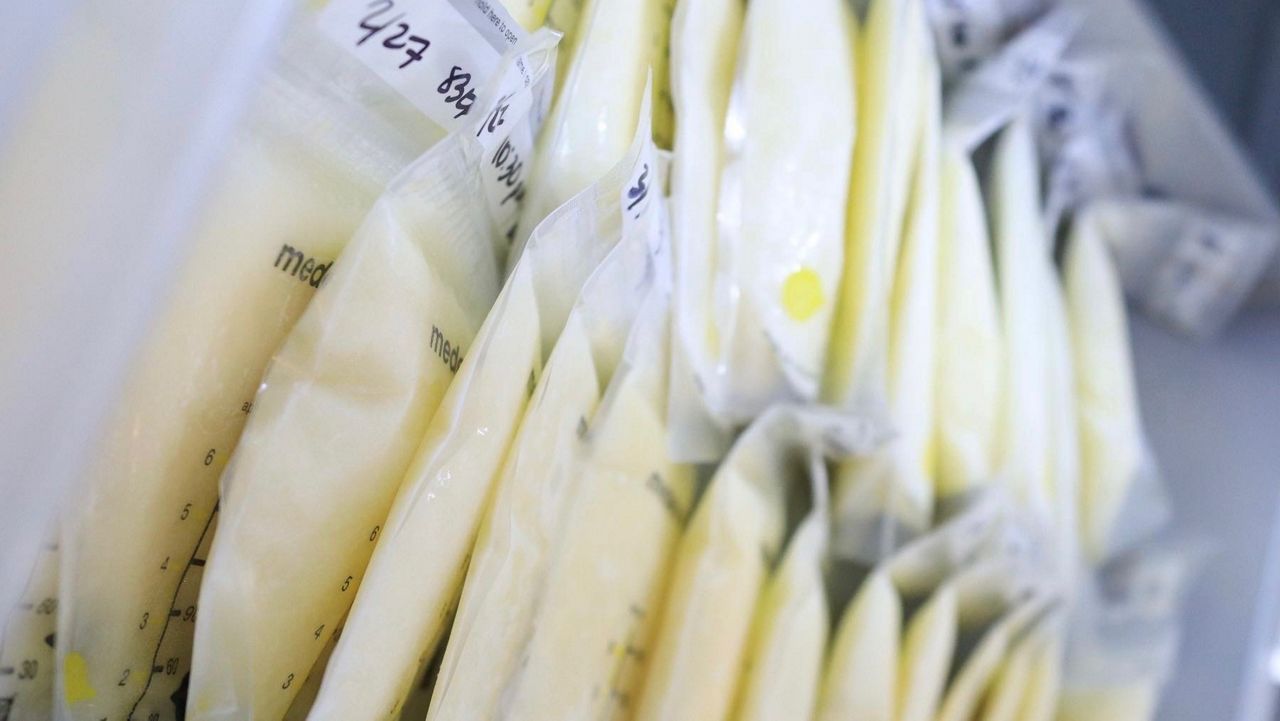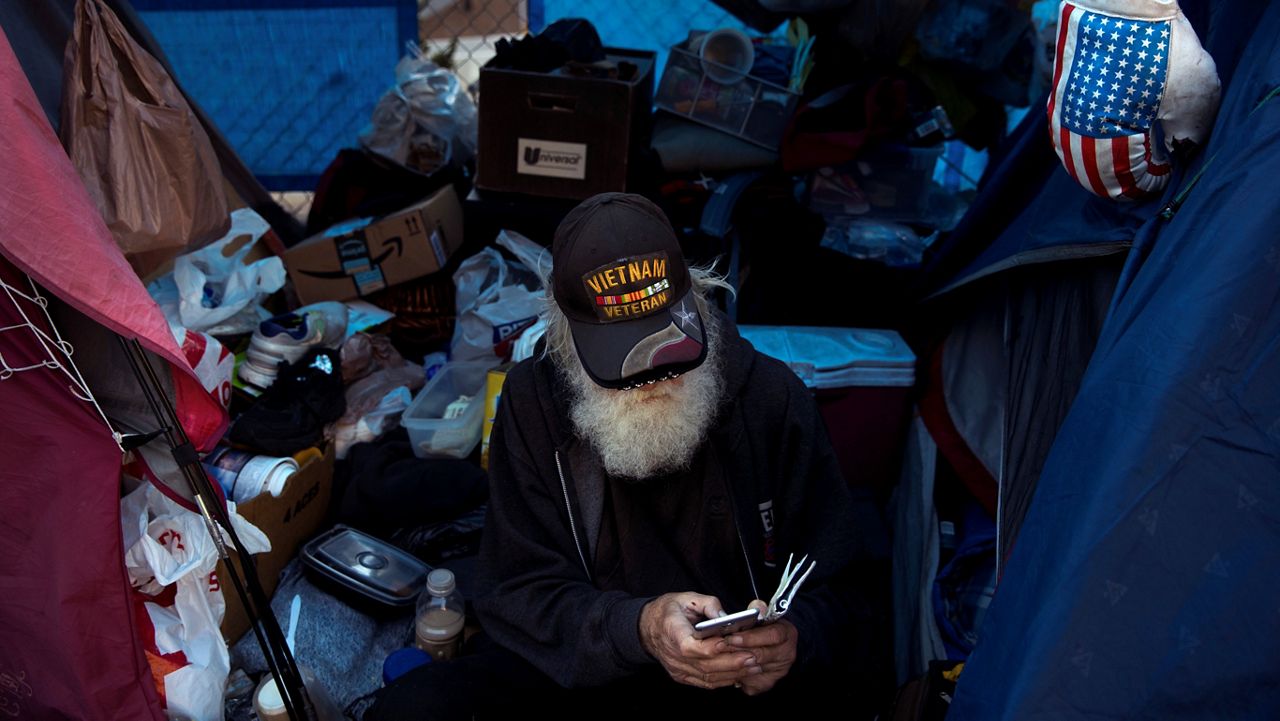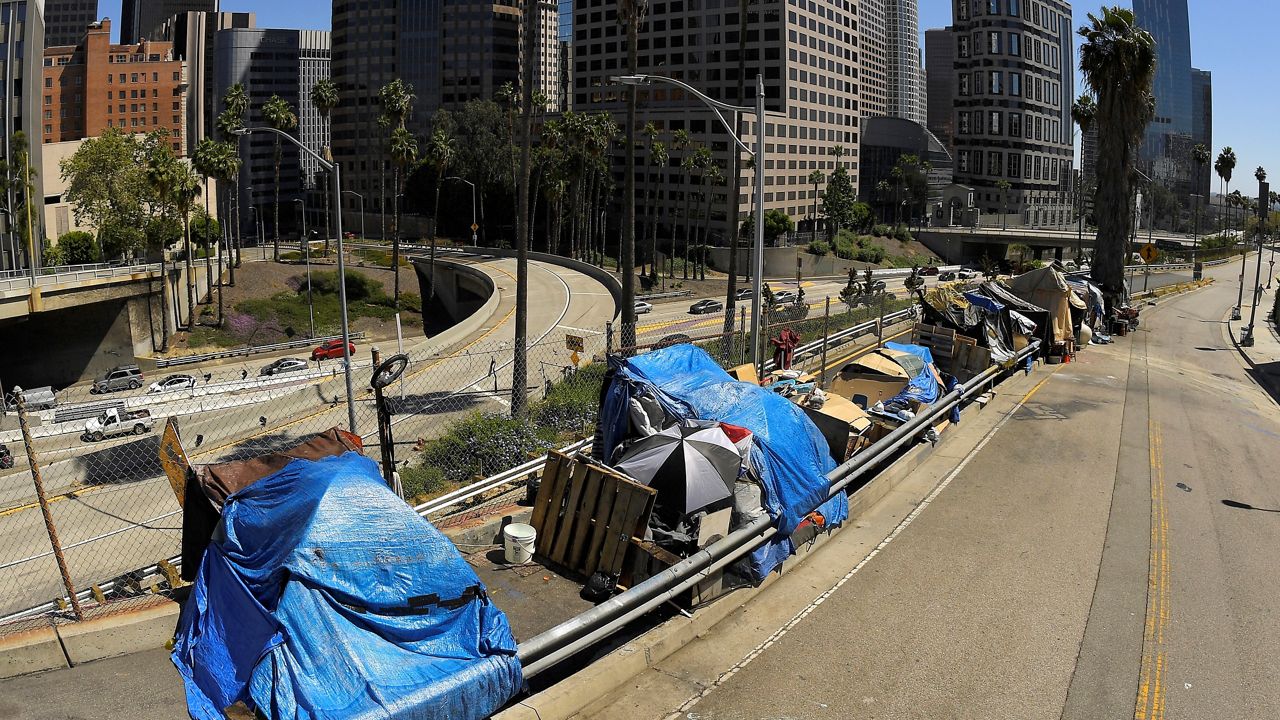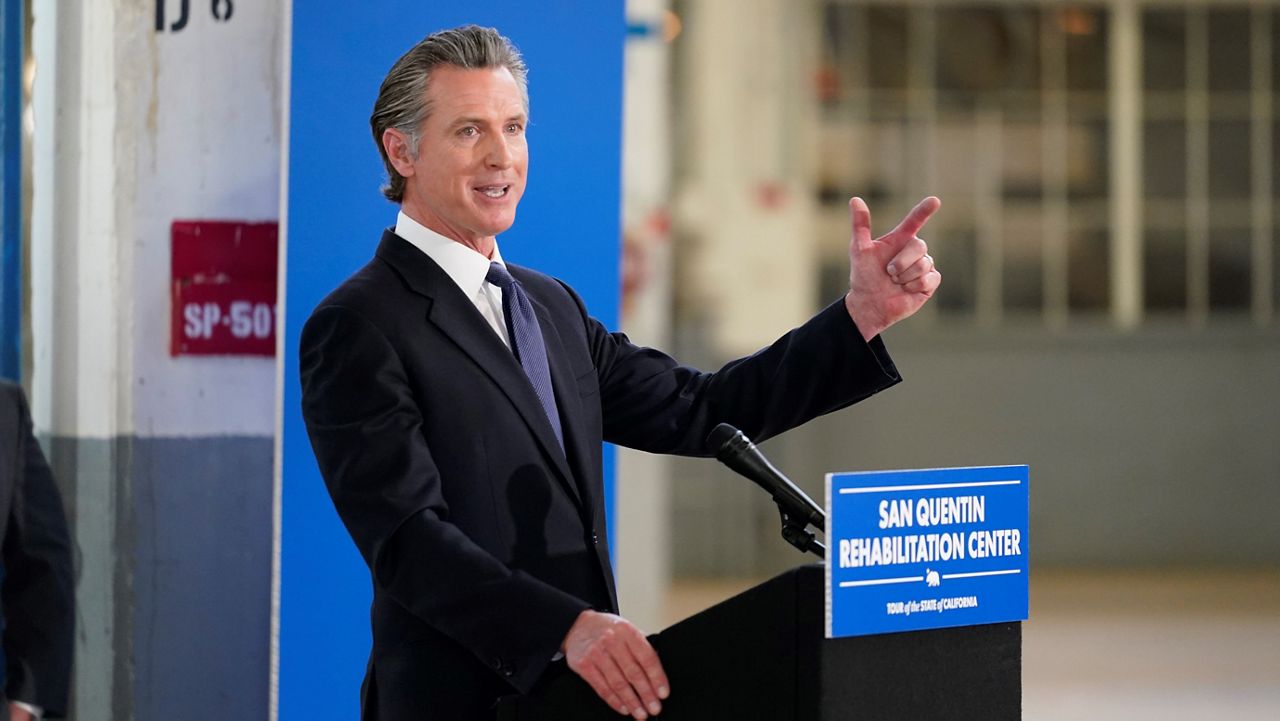“Home isn't safer for everyone because of the fact that we have families, couples, relationships living together that may have the cycle of violence in those relationships. So domestic violence, along with sexual assault and child abuse, are certainly concerns when people are not allowed to go about their lives and take care of themselves.”
Patti Giggans, Executive Director of the nonprofit Peace Over Violence, said there has been a “constant flow,” not an increase, in cases of domestic violence in L.A. during the COVID-19 pandemic.
“What we are seeing is just a steady flow. It's just constant,” she said. “It’s not that we’re seeing a big spike; people are talking about a spike. L.A. is not having a spike, but every agency, every domestic violence program and crisis center, among all the other non-profits, we’re working together to help people stay in place, get out if it's possible and it may not be possible.”
At a time when Californians are encouraged to stay at home, Giggans said Peace Over Violence is helping victims with safety management and planning.
“We forget that victims of domestic violence are often experienced in managing these relationships,” she said. “We had someone call from the bathroom because she said her husband, finally she got away from him, he was working on a project in the garage. So she was calling to get some counseling on how to keep things quiet. So there’s a lot of managing of the relationship going on.”
Giggans said she wants to change the labels of “domestic violence” and “sexual assault victimization” to “managing safety at home.”
“That's what people are calling about. They’re not really willing to leave, not able to leave. They don’t think it’s the time to leave. But people are trying to manage and we are helping them do that.”
Giggans said a lot of people are “walking on eggshells.”Giggans said a lot of people are “walking on eggshells.”
“People now are, I'll say, ‘Stuck together.’ There isn't a lot of going about the rest of your daily business, so things could become very reactivated, very concentrated, especially if one or both of the parties have lost their jobs or they’re furloughed, they have children to take care of, maybe now money isn't coming in, or they’re applying for unemployment and going through all the bureaucracy. There's a lot of tension.”
Giggans wants to remind people that domestic violence is not just an argument.
“It really is a pattern of behavior where one person tries to control another person, and where they take out all of their stressors, anxieties, and insecurities out on the person that they live with or are in a relationship with and whom they also love.”
Peace Over Violence has gone completely virtual. It operates 24 hours a day, seven days a week.
“We are a crisis center for domestic violence, child abuse, and sexual violence, so our hotlines are operating and now we're even doing support groups and other kinds of case management counseling either on the telephone or via the Internet.”
The Los Angeles Rape and Battering hotline is where staff and volunteers can provide support, information, and referrals. If you need assistance, call 213-626-3393 if you’re in Central Los Angeles, 310-392-8381 if you’re in South Los Angeles, and 626-793-3385 if you’re in West San Gabriel Valley.
Domestic violence situations are made worse by the COVID-19 pandemic. It’s not the best time for someone to leave their home and move to a facility with other domestic violence survivors since COVID-19 can easily spread in group living spaces. Giggans said there’s “the fear of COVID-19 and then the fear of also going through the relationship.”
In order to solve this issue, Peace Over Violence is working with L.A. County’s new Project Roomkey, which was originally designed to provide hotel and motel rooms to unhoused people, to include other vulnerable populations such as those experiencing domestic violence. A single room would protect a victim from his or her abuser and also keep the victim from moving into a shared living space.
Giggans said victims can also get an Emergency Protective Order (EPO). An EPO is “issued by a judge at the request of a law enforcement officer where there is a danger of domestic violence, child abuse, abduction or elder abuse,” according to the Superior Court of California.
“You can go to the Stanley Mosk Courthouse and go pick one up, and then you can call some of the legal advocacy agencies including Peace Over Violence and get help,” she said. “Law enforcement is able to call in an EPO into a special judge on duty.”
Giggans said it’s amazing how nonprofits have pivoted to helping victims virtually.
“We have a network, thank goodness. We have a practiced network of domestic violence programs and sexual assault programs,” she said. “It's slower and it's not perfect, but we are not abandoning anybody in our City and our County who need support.”
Let Inside the Issues know your thoughts and watch Monday through Friday at 8 and 11 p.m. on Spectrum News 1.











